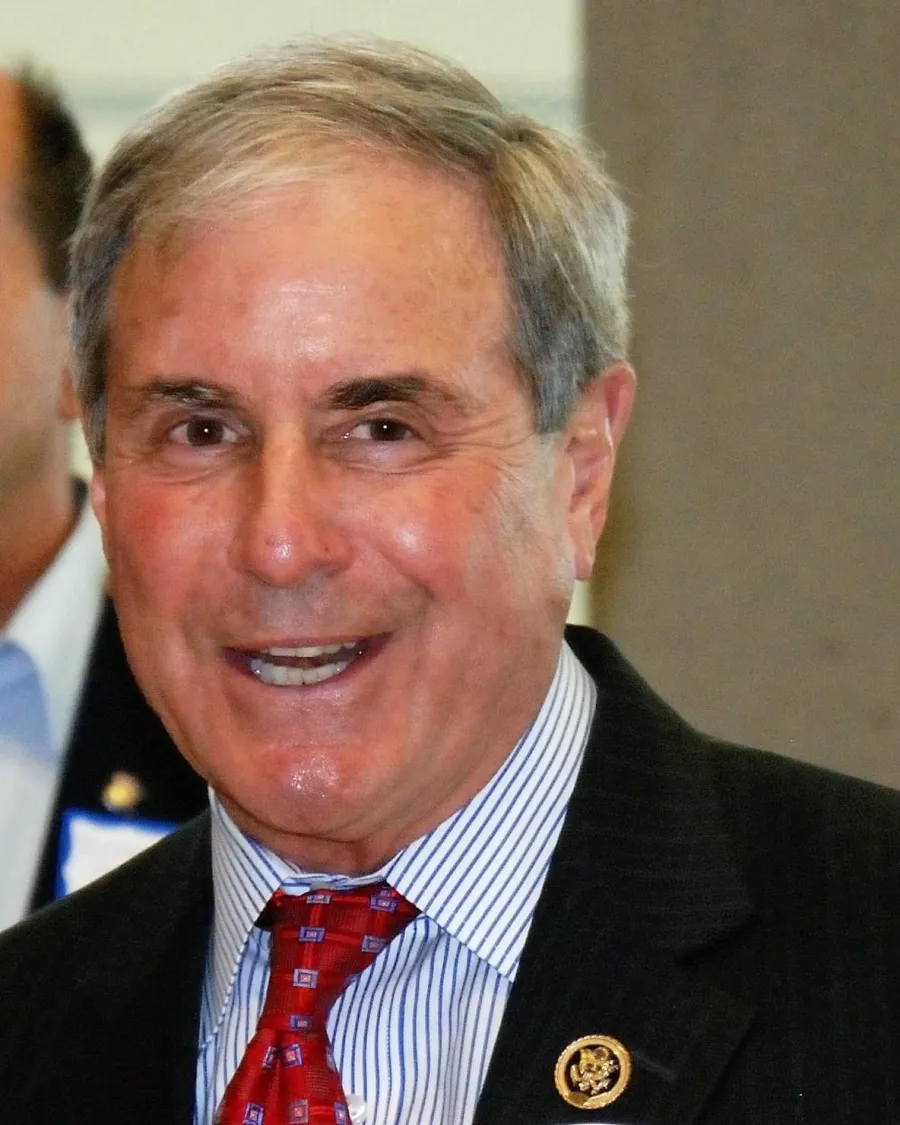Yarmuth Announces More Than $500,000 in American Rescue Plan Funding for Three Louisville Institutions

WASHINGTON – Today, Congressman John Yarmuth (KY-03) announced more than $500,000 in American Rescue Plan funding will be awarded to three Louisville institutions by the National Endowment for the Humanities (NEH). The funding is part of $135 million appropriated by Congress in the American Rescue Plan—legislation led through Congress by Yarmuth—for cultural organizations and educational institutions adversely affected by the coronavirus pandemic.
Yarmuth announced awards of $200,000 to the Kentucky Science Center; $188,053 to the Frazier History Museum; and $146,364 to the Filson Historical Society.
“The pandemic has upended so much in our country, but closing the doors to our museums and other educational and cultural institutions for so long has dealt a serious blow not only to the education and enlightenment of the American people but to the survival of these institutions themselves,” said Yarmuth. “That’s why we crafted the American Rescue Plan in a way that made sure these cultural centers were not forgotten, and why I’m so proud that three pillars of our community will receive this funding. I know these investments will be put to good use, including retaining and hiring staff, providing new programming, and crafting new and exciting experiences for everyone to enjoy as their doors reopen and more people safely return.”
The NEH funding will allow Kentucky Science Center to bring to life the next phase of their new 3rd floor health and humanity experience, entitled Uniquely Human. Encompassing three separate themes – “Thinking”, “Feeling”, and “Identity” – Uniquely Human will provide a keen focus on the connection between body and mind and the ways experience and attitudes influence behaviors. The final version of Uniquely Human is set to open in late 2022.
“We’re so grateful to Congressman Yarmuth for his sponsorship of the American Rescue Plan and for his unwavering support of the National Endowment for the Humanities,” said Kentucky Science Center Chief Executive Officer Mike Norman. “These funds will not only see our Uniquely Human exhibition through the next phase of the project; they will also ensure that the final design does the important work of challenging our guests to develop a broader and more inclusive view of humanity.”
The Frazier History Museum is planning a new permanent exhibition The Commonwealth: Divided We Fall, that will focus on inclusive individual narratives of lesser-known figures in Kentucky’s history. The exhibit aligns with the NEH Area of Interest, A More Perfect Union: Exploring America’s Story and Commemorating its 250th Anniversary. The exhibition aims to tell the stories of diverse Kentuckians so that all visitors, no matter their background, can see themselves in the story of Kentucky.
“Our team at the Frazier is so grateful to Representative Yarmuth for his role in ensuring that humanities and culture were prioritized in the America Rescue Plan,” said Frazier History Museum President Andy Treinen. “The funding is great for us and even better for the community we serve. It’s crucial that every person, no matter their race, religion, or upbringing, sees themselves represented in the museum.”
The Filson Historical Society’s project will resurrect the former Library of Congress American Memory Project, First American West, the Ohio River Valley, 1750-1820 (FAW). The Filson holds metadata and images of the Filson’s collection items from FAW, which the Library of Congress returned to them in 2016. This project will help retain current Collections Department staff, adding two new part-time hires who will work remotely to clean up the data and involve the Filson's membership base and community in transcription work and name/subject indexing. Filson staff will then upload the improved materials into Omeka, their open-source platform for digital content.
"This project lets us reflect on two important eras, the period of settler conflict that brought European, Indigenous, and African people and ideas into Kentucky and the early experimentation with digital technology to enable people to engage the past in new ways,” said Patrick Lewis, Director of Collections & Research at the Filson. “I am looking forward to interesting conversations about what greater representation, inclusion, and access to the historical record can mean for our society today and in the future.”